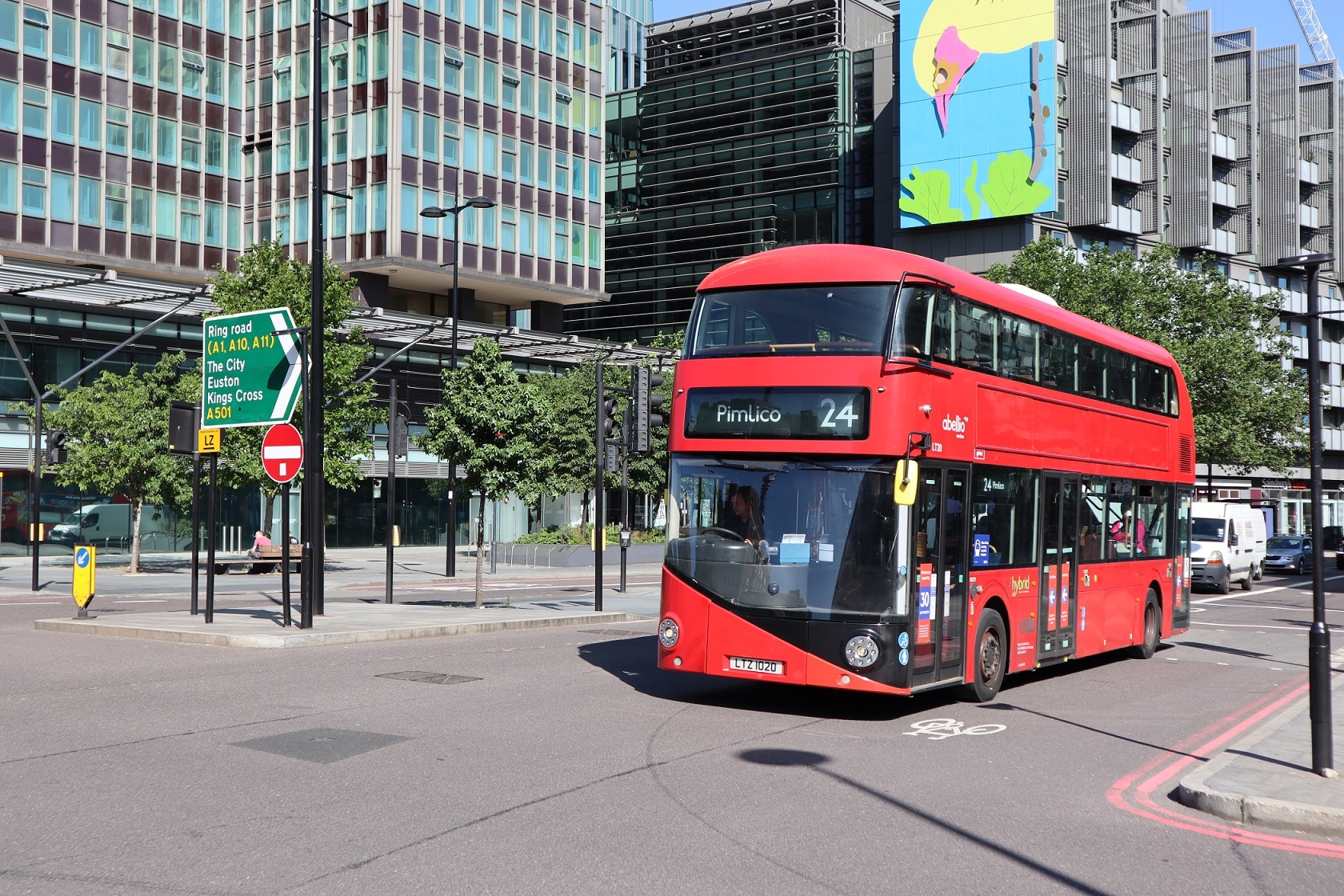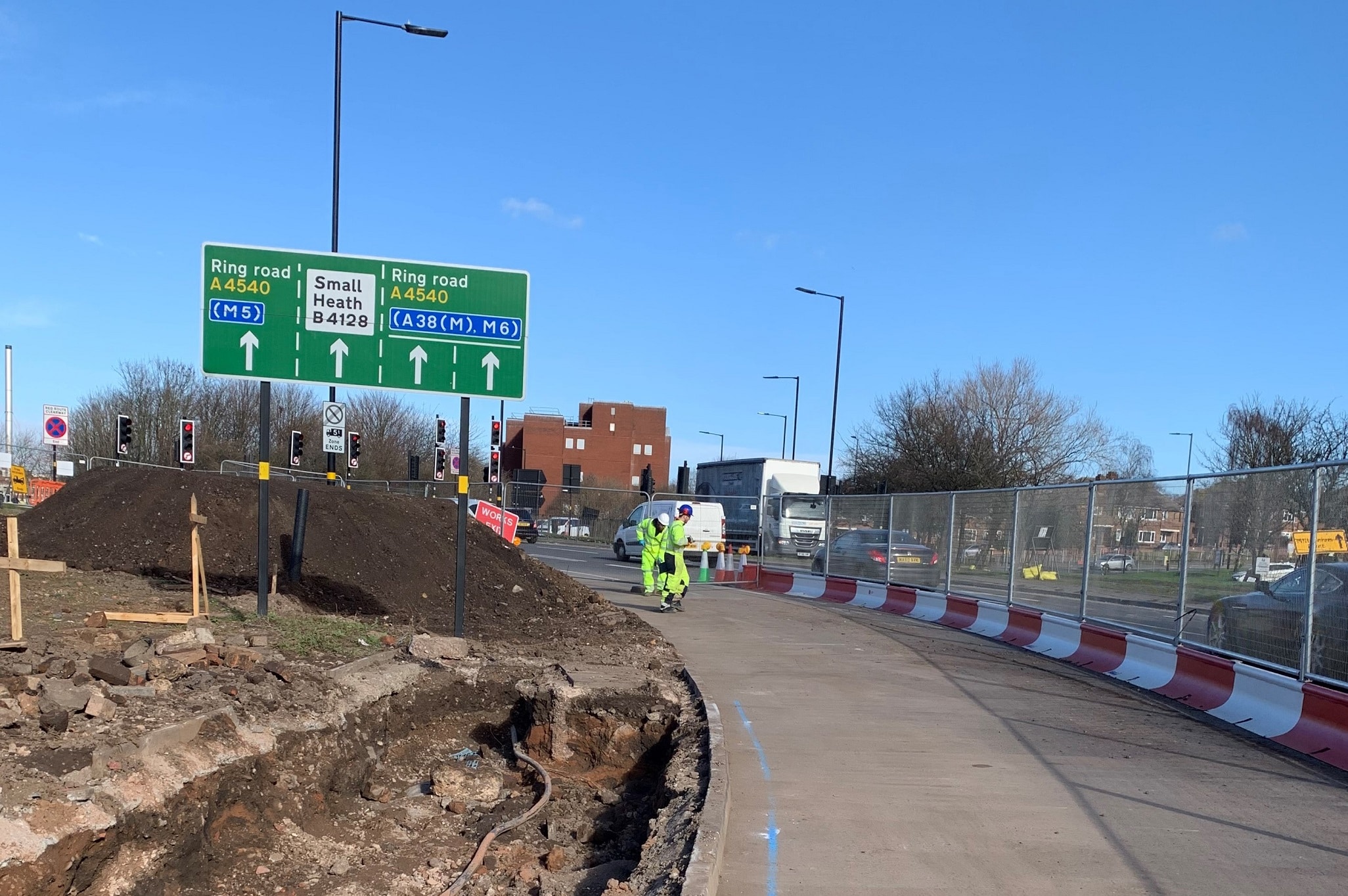Transport for London (TfL) has opened a consultation into proposed changes to some bus services that largely radiate from the central area, including the entire withdrawal of a number of routes where alternative provision and capacity is available.
TfL says the alterations under consultation are necessary as a result of both “a government requirement for significant savings” as part of emergency funding measures, and a need to realign the bus network to take account of “significant changes in how people use transport in central and inner London.” Targets set by the government will thus lead to a reduction of the extent of the TfL bus network by 4% by 2024/25 under the proposals.
However, the plans, which capture both day and night services, will also see some reallocation of resources away from the central area to accommodate development in outer London, where “public transport is not as comprehensive.” In those locations, “there is a clear need for more buses due to higher demand.”
Overall savings generated will also go towards realising TfL’s long-term vision for buses in the capital as set out in its Bus Action Plan. Catering towards a shifting demand landscape in outer London will additionally help to achieve the target of 80% of journeys in the capital being made by sustainable modes by 2041, TfL says.
Among the routes proposed for total withdrawal in the six-week consultation are a number of high-profile services, including the 11, 24 and 74. Subject to the consultation, the first routes to be withdrawn will go later this year, with work continuing into 2023.
Changes to other routes would be made to mitigate some such removals, but TfL says that such work would increase the percentage of passenger journeys on central area routes that need to transfer between buses from 19% to 24%.
While most of those additional transferring passengers would benefit from the Hopper fare, not all would, TfL adds. It proposes to improve the environment around interchange points to take account of the likely increased number of transferring bus passengers.
The impact on operators should the proposals progress is not yet known. But in a letter on 1 June, Go-Ahead London (GAL) Managing Director John Trayner told staff that the business would need to withdraw around 95 buses, although no redundancies are envisaged by GAL.
Mr Trayner has criticised the proposed changes, saying that they represent “a retrograde step” that, if introduced, will see “London’s buses become less attractive” and lead to a reduction in use. GAL will be making those points in its response to the consultation, he adds.
Although the proposed changes have been received poorly, TfL concedes that demand on some services in the centre of the capital has been declining since 2014 and that by 2019, passenger numbers had fallen by 9%. It says that has come about as a result of better rail services and walking and cycle infrastructure.
Adds Deputy Mayor for Transport Seb Dance: “TfL has looked carefully at the routes affected in order to reduce the impact on passengers as much as possible. Routes changed are ones where there are very similar existing services or where passengers would make use of the Mayor’s Hopper fare to reach their destination.
“If TfL is to avoid further cuts that would damage our city’s economic recovery from this pandemic, the government must do the right thing and come forward with a long-term funding deal to support the capital’s public transport.”
TfL’s current emergency funding deal with the government expires on 24 June. If no further sustainable agreement can be reached, it has warned that bus services in the capital could be reduced “by nearly 20%.”
The consultation runs until 12 July.



























